What is "phông bạt" (flexing)? How to write a short paragraph about the harmful effects of "flexing" lifestyle on students in Vietnam?
What is "phông bạt" (flexing)? How to write a short paragraph about the harmful effects of a flexing lifestyle on students in Vietnam?
What is "phông bạt" (flexing)?
(1) Literal meaning in Vietnamese:
Material: phông bạt is a type of thick fabric, usually made of PVC plastic or other synthetic materials. They are water-resistant, dustproof, and highly durable.
(2) Figurative meaning in Vietnamese:
Lifestyle of a flexing: This term is used to refer to people who live artificially, like to flaunt a glamorous, wealthy exterior to hide their flaws or realities of life.
What are the harms of a flexing lifestyle?
Creating pressure for oneself and others: People who live a flexing lifestyle often feel pressured to maintain a perfect image, leading to stress and fatigue. They also create pressure for those around them who compare themselves to them.
Losing the real values of life: When overly focusing on outward appearances, we easily overlook important values like family affection, friendship, and career.
Causing misunderstandings and loss of trust: a flexing lifestyle can make others misunderstand our true nature, leading to loss of trust and relationships.
What are the characteristics of a flexing lifestyle?
- Frequently posting luxurious and opulent images on social media.
- Constructing a perfect, flawless image
.- Liking to show off material wealth and assets.
- Rarely sharing life's hardships and difficulties.
*Short paragraph about the harmful effects of a flexing lifestyle on students
| The flexing lifestyle has become a social disease, particularly negatively impacting the youth, especially students. The pressure to showcase oneself with branded items and luxurious trips has led many to fall into a whirlpool of peer pressure, wasteful spending. This not only burdens the family economically but also distracts from studies. Instead of spending time on books, they indulge in virtual living, comparing themselves with others, leading to feelings of inferiority and self-doubt. Instead of developing abilities and hobbies, they overly focus on outer appearances. Chasing temporary trends and unrealistic beauty standards makes them mentally distracted. Moreover, living virtually and showing off diminishes humility, kindness, and necessary human qualities. Therefore, to overcome this situation, families, schools, and society must join hands to educate them on the true values of life, helping them understand the harms of a flexing lifestyle and guiding them towards healthy and beneficial activities. |
Note: the above content is for reference purposes only.
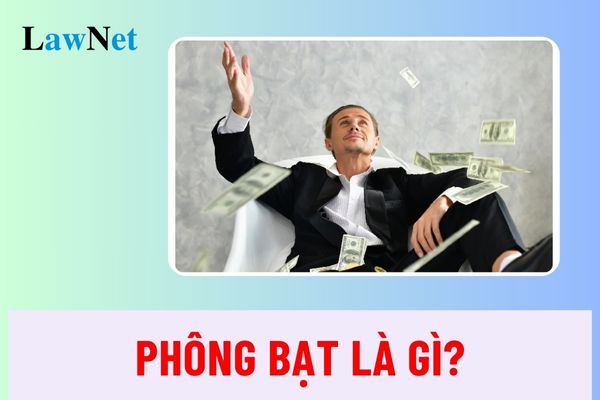
What is "phông bạt" (flexing)? How to write a short paragraph about the harmful effects of a flexing lifestyle on students in Vietnam? (Image from the Internet)
What are the 05 essential qualities of upper secondary school students in Vietnam?
Based on the provisions of the General Education Program issued with Circular 32/2018/TT-BGDDT, the 5 essential qualities of upper secondary school students include:
(1) Patriotism
(2) Compassion
(3) Diligence
(4) Honesty
(5) Responsibility
>> See Appendix General Education Program issued with Circular 32/2018/TT-BGDDT: Download (Note: Some content in this document is amended by Articles 1 and 2 Circular 13/2022/TT-BGDDT)
What are the requirements for the 5 essential qualities of upper secondary school students in Vietnam?
Based on the provisions of the General Education Program issued with Circular 32/2018/TT-BGDDT, the requirements for the 5 essential qualities of upper secondary school students under the 2018 General Education Program are as follows:
(1) Patriotism
- Actively and proactively encouraging others to participate in nature conservation activities.
- Voluntarily complying with and encouraging others to adhere to legal regulations, contributing to the protection and construction of the Socialist Republic of Vietnam.
- Actively participating and encouraging others to participate in activities to protect and promote cultural heritage values.
- Opposing schemes and actions that infringe on territorial integrity, national borders, maritime zones under national sovereignty with an age-appropriate attitude and actions in compliance with legal regulations.
- Ready to fulfill the duty of national defense.
(2) Compassion
Loving everyone
- Caring about harmonious relationships with others.
- Respecting the legitimate rights and interests of everyone; opposing acts that infringe on the legitimate rights and interests of organizations and individuals.
- Actively participating and encouraging others to participate in charitable activities and community service activities.
Respecting differences between people
- Respecting differences in career choices, living circumstances, and personal cultural diversity.
- Being aware of learning from global cultures.
- Tolerating and forgiving others' mistakes in behavior and attitude.
(3) Diligence
Loving to learn
- Being aware of evaluating personal strengths and weaknesses, favorable and difficult conditions in studies to formulate a learning plan.
- Actively exploring and being creative in studies; having the will to overcome difficulties to achieve good academic results.
Being diligent
- Actively participating and encouraging others to join community service activities.
- Having the will to overcome difficulties to achieve good results in work.
- Actively studying and training to prepare for future careers.
(4) Honesty
- Recognizing and acting according to right principles.
- Being ready to defend and stand up for right principles, protect good people and good actions.
- Voluntarily participating and encouraging others to join in detecting and opposing dishonest behavior in studies and life, unethical behavior, and legal violations.
(5) Responsibility
Being responsible for oneself
- Actively, voluntarily, and seriously training and improving personal ethics.
- Being conscious of using money rationally when eating, shopping for study items, and daily living.
- Ready to take responsibility for one's words and actions.
Being responsible for the family
- Being conscious of fulfilling duties towards family and loved ones.
- Discussing and building reasonable spending plans with family members.
Being responsible for school and society
- Actively participating and encouraging others to join in public service activities.
- Actively participating and encouraging others to join in legal propaganda activities.
- Evaluating one's own and others' compliance with discipline and law; criticizing undisciplined and illegal actions.
Being responsible for the living environment
- Understanding the significance of savings for sustainable development; being conscious of saving natural resources; opposing wasteful use of items and resources.
- Actively participating and encouraging others to join in activities for nature preservation, climate change response, and sustainable development.

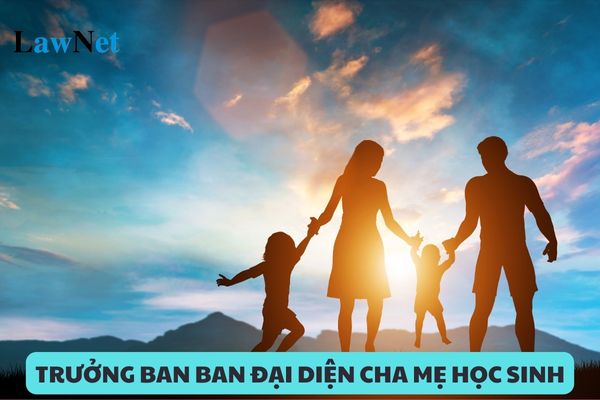
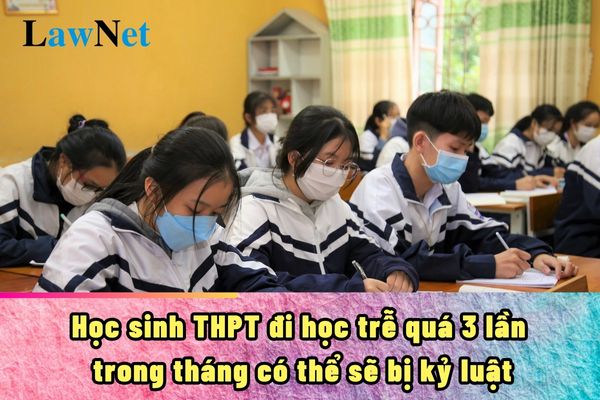
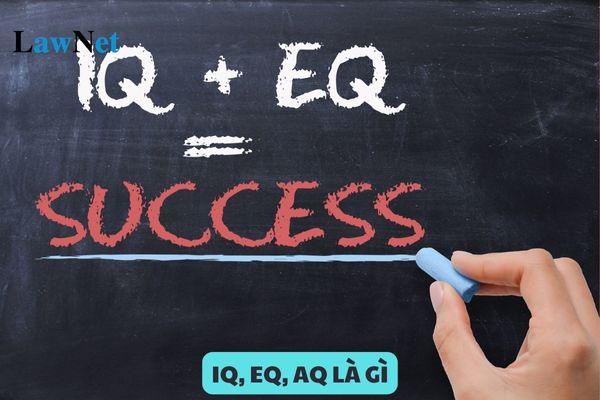
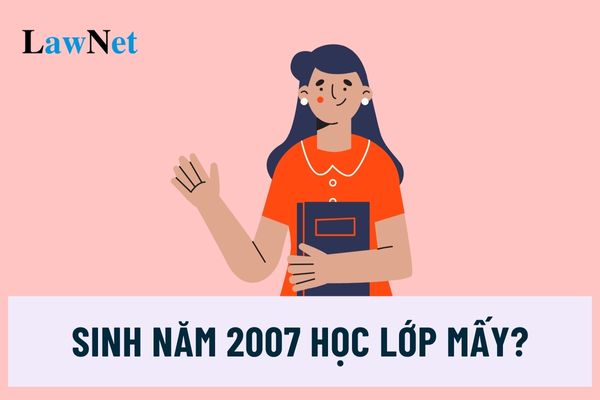
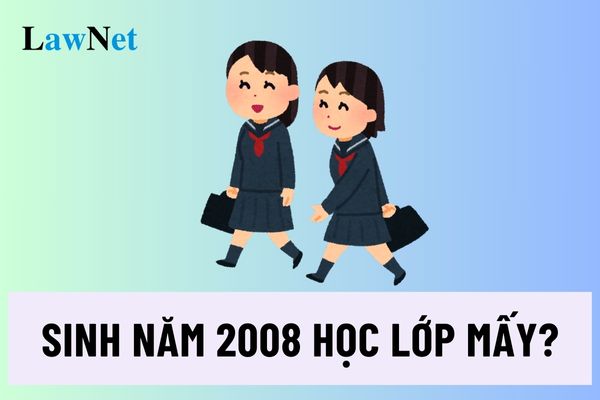
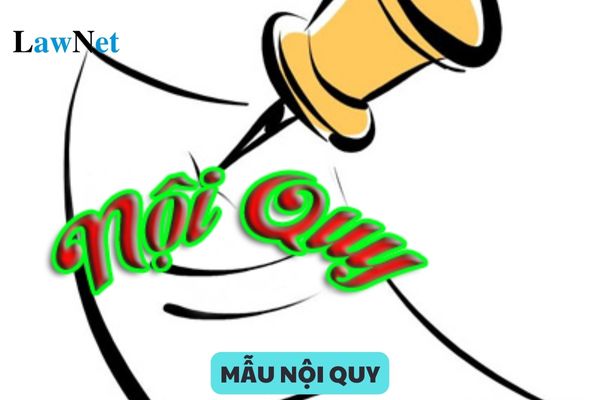
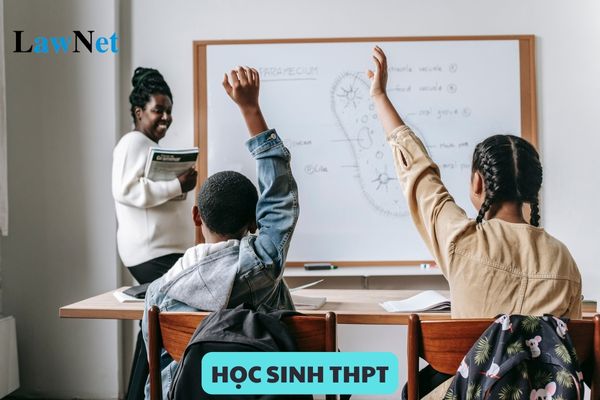
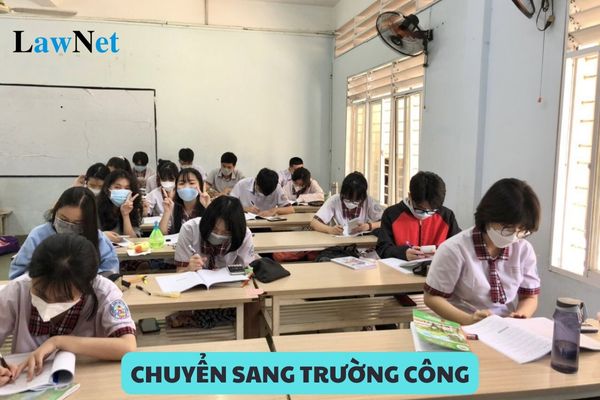

- What are procedures for withdrawal from the Vietnam Association for Promoting Education?
- All contents of the Literature subject for grade 10 students in Vietnam
- Who are eligible for lunchtime support policy for preschool children in Vietnam?
- What are procedures for awarding the title of Honorary Doctorate to teachers in Vietnam?
- Are students who receive state scholarships to study abroad required to reimburse training costs when they do not return to Vietnam to work for authorized state agencies?
- Formula for calculating the area of a circle in the grade 5 curriculum in Vietnam
- Is there a limit on the number of students undertaking scientific research projects in Vietnam?
- According to the 2018 General Education Program, how is physics education implemented at three educational levels?
- Sample speech on the Mid-Autumn Festival in 2024 in Vietnam
- What are regulations on the knowledge of Literature for all levels in Vietnam?

